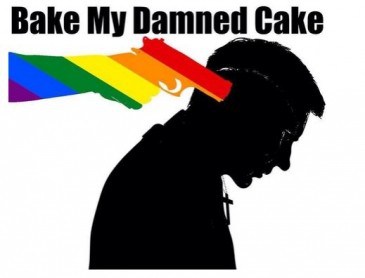It seems that sides are being taken up, but I’m refusing to be a part of it.
It is possible to think this: that to bring refugees who are adherents of Islam (which is by design a violent religion) into Canada is a very bad idea. I think it is a very bad idea.
It is also possible to believe: that it is a cynical political ploy of of leaders in government to mask this immigration as “compassion.” I have no reason to think otherwise.
It is also possible, probably necessary, to know: that violence and terror will get into Canada, and be carried out here. I am afraid this will happen–this is the direction of history.
Again, it is also possible, while holding all of the above, to know: a number (small or large, majority or minority, I don’t know) of refugees are truly in need and escaping for their lives.
It is possible to be fully conscious of these things, and even to disapprove of our government’s actions, and yet also accept that nothing happens outside the will of God, and that He has written the end of this story. Whether or not we approve of it, the mission has arrived in Canada.
It is possible, at the same time and in the same head, to be skeptical of motives, cynical, fearful, concerned, realistic, angry, sympathetic, welcoming, loving, and Gospel-preaching. For this is the mind of the Christian.
I see no need to sign petitions welcoming or refusing refugees. Just be Christian, no matter what comes.

